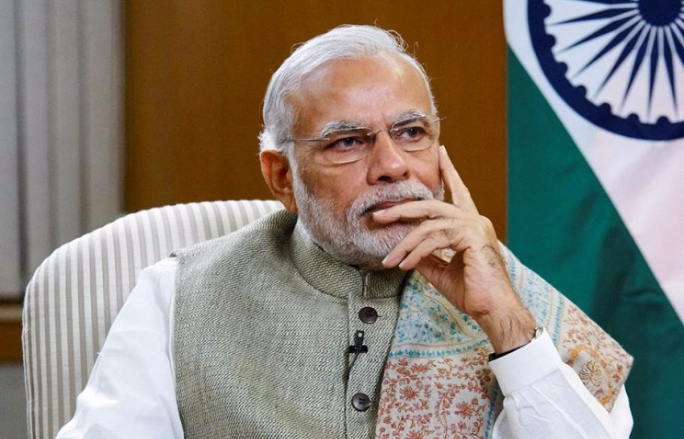Burmese merchants in the northwestern border town of Tamu say they face severe losses after neighbours India took their 500-rupee (US$7.50) and 1000-rupee ($15) bank notes out of circulation this week.
A trader, who declined to be identified, told DVB that he and other exporters in the town have been offered a sharp decline in exchange rates for the rupee following the immediate demonetisation of the notes, which was announced by India’s Prime Minister Narendra Modi during a televised address on Tuesday night.
Modi said the notes of Rs 500 and Rs 1000 “will not be legal tender from midnight tonight” and will be “just worthless pieces of paper”.
The Indian government said it was taking these measures to curb the circulation of fake currency, while also drawing links between the false banknotes and terrorist organisations.
“The value of the rupee dropped significantly today after the demonetisation, said the Tamu trader on Wednesday. “We deliver goods from Mandalay and export them across the border through Indian merchants who always pay in rupees.
“Now we have rupees in stock but have to change them into Burmese kyat to make payment to our contacts in Mandalay. So basically we are getting screwed by the new exchange rates.”
[related]
Following the Indian prime minister’s announcement about the demonetisation on Tuesday night, the rupee plunged from 18 kyat to 12 kyat in 24 hours.
“Not only that, but after the Indian prime minister announced the demonetisation of 500- and 1,000-rupee notes, the Indian merchants quickly used only those banknotes when making payments to their Burmese counterparts who were unaware of the situation,” the Burmese trader said.



